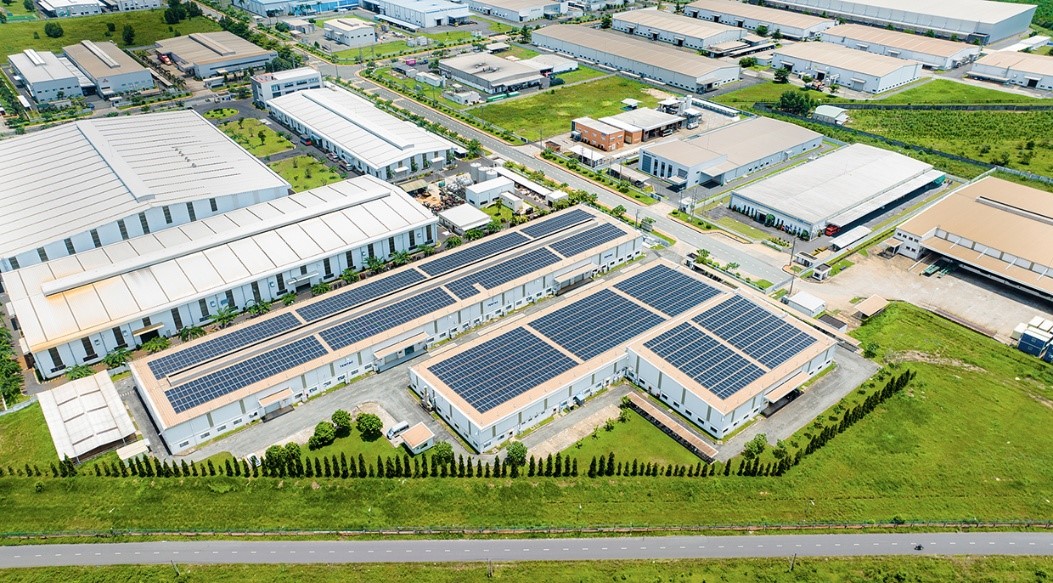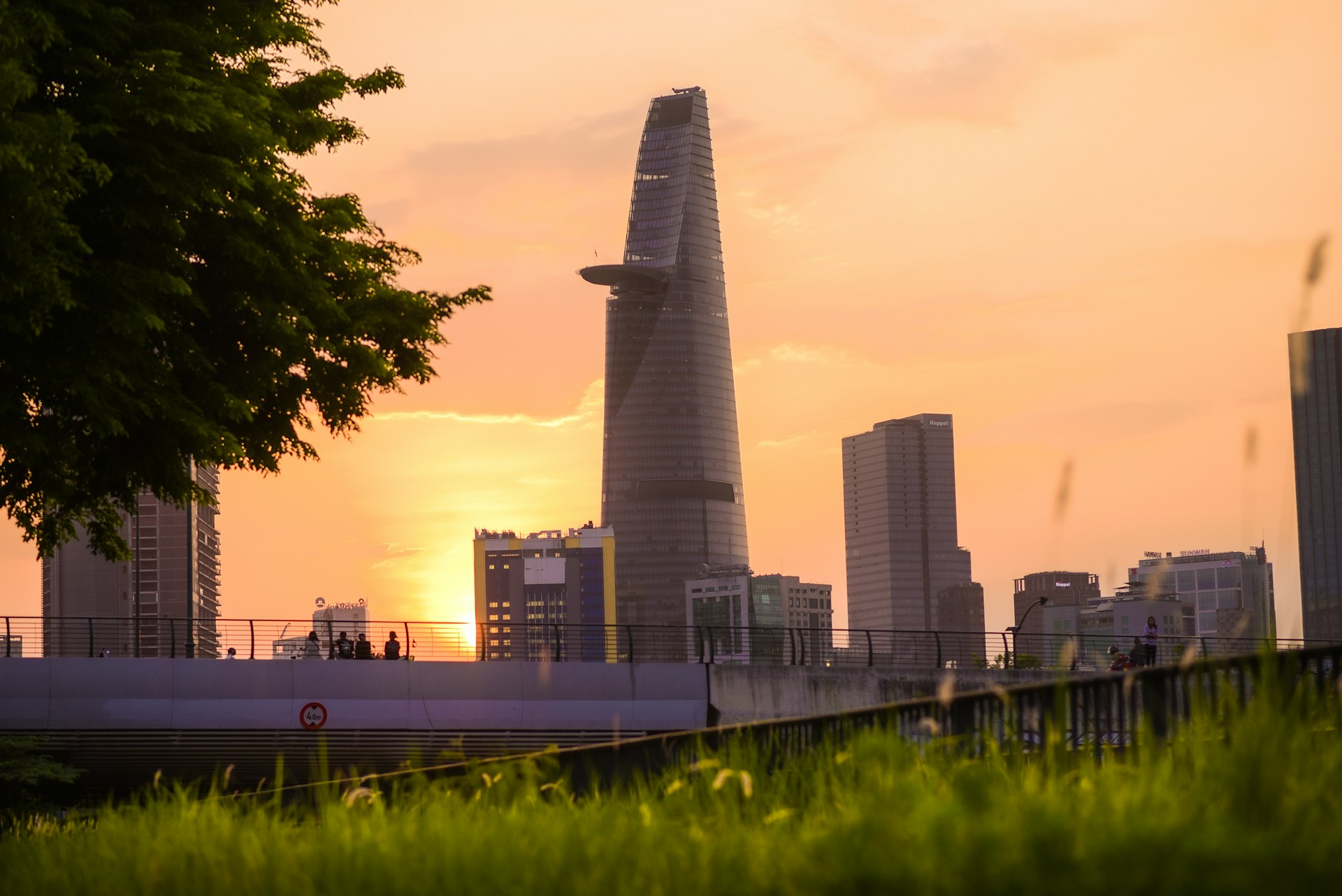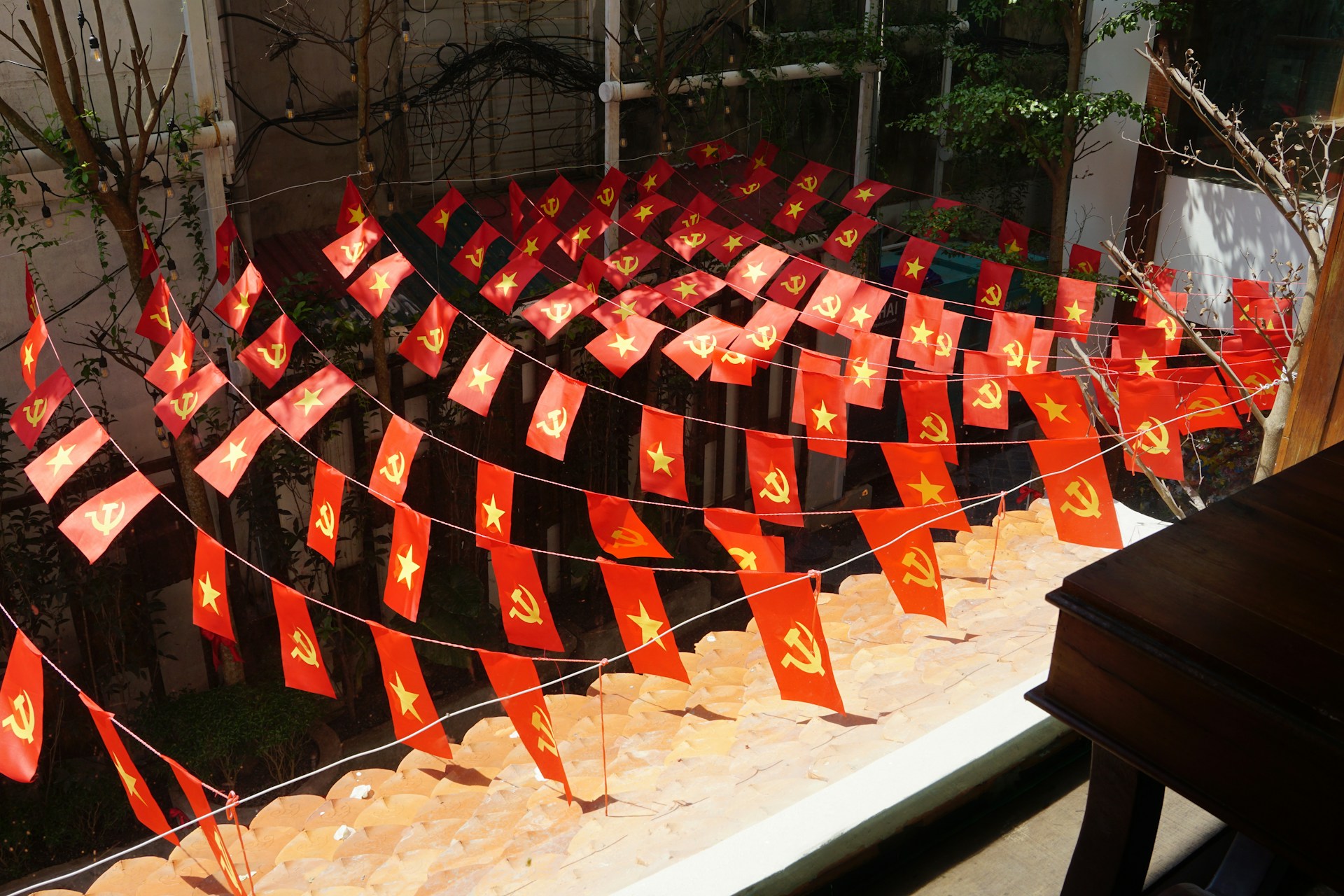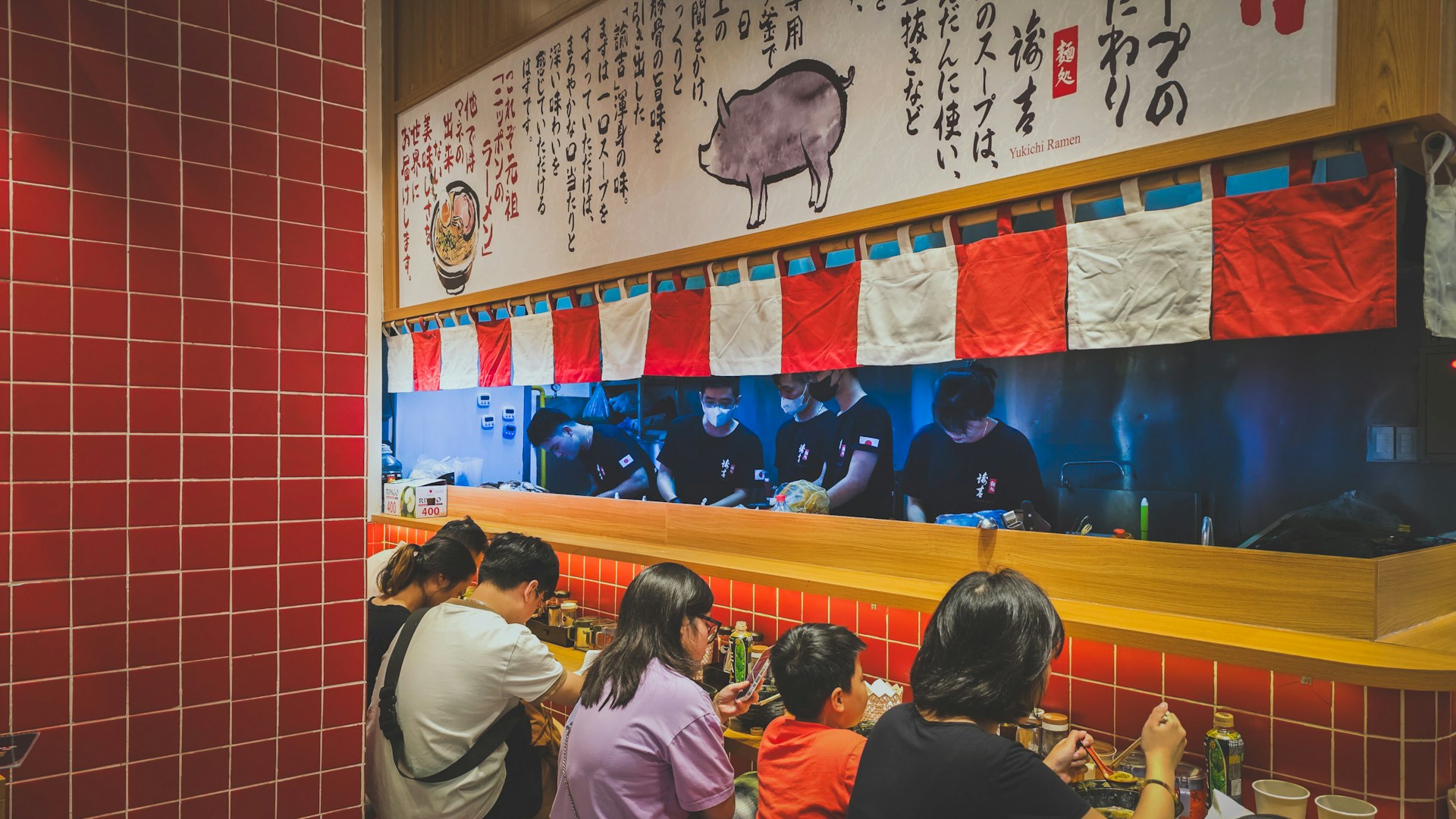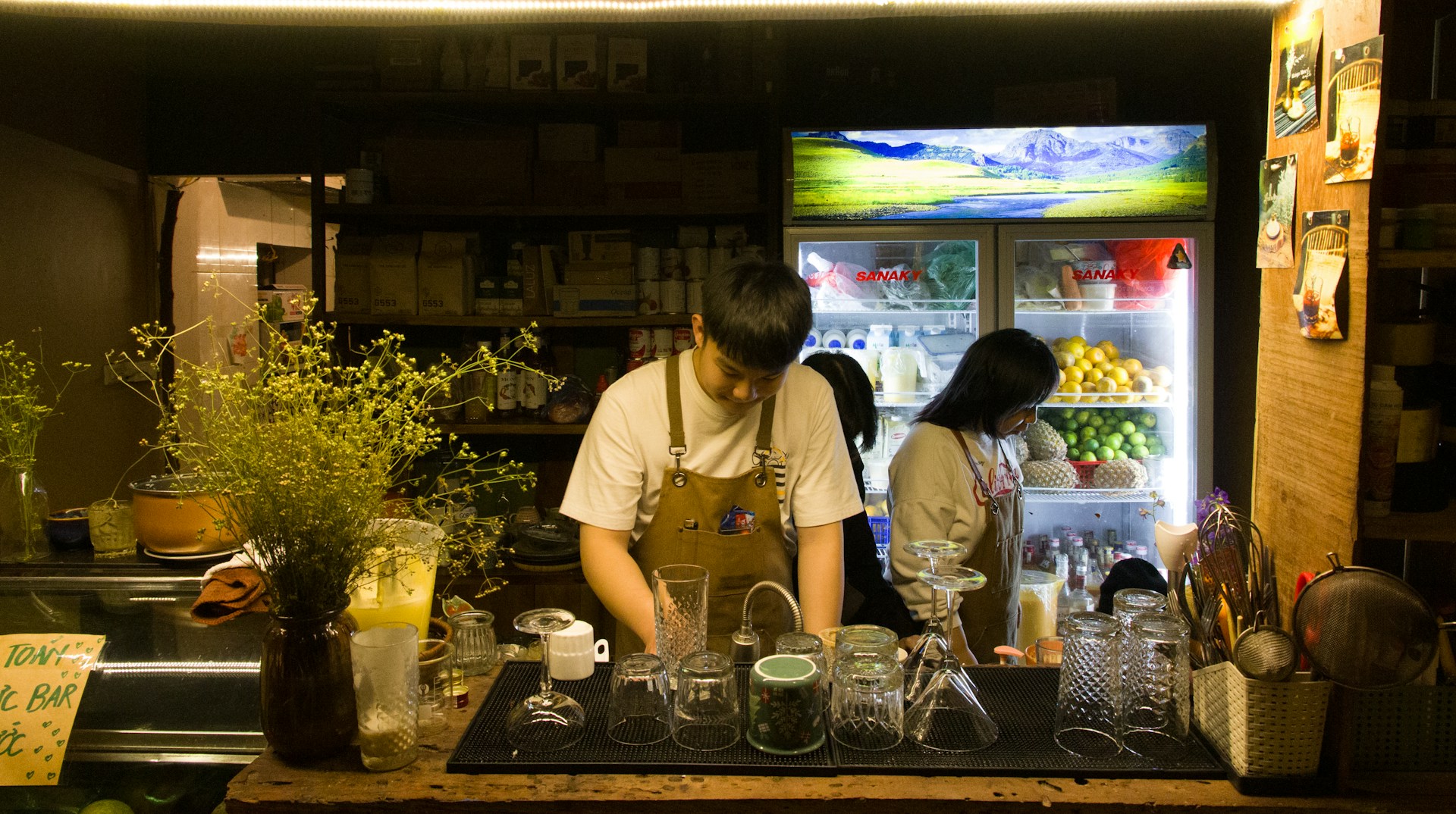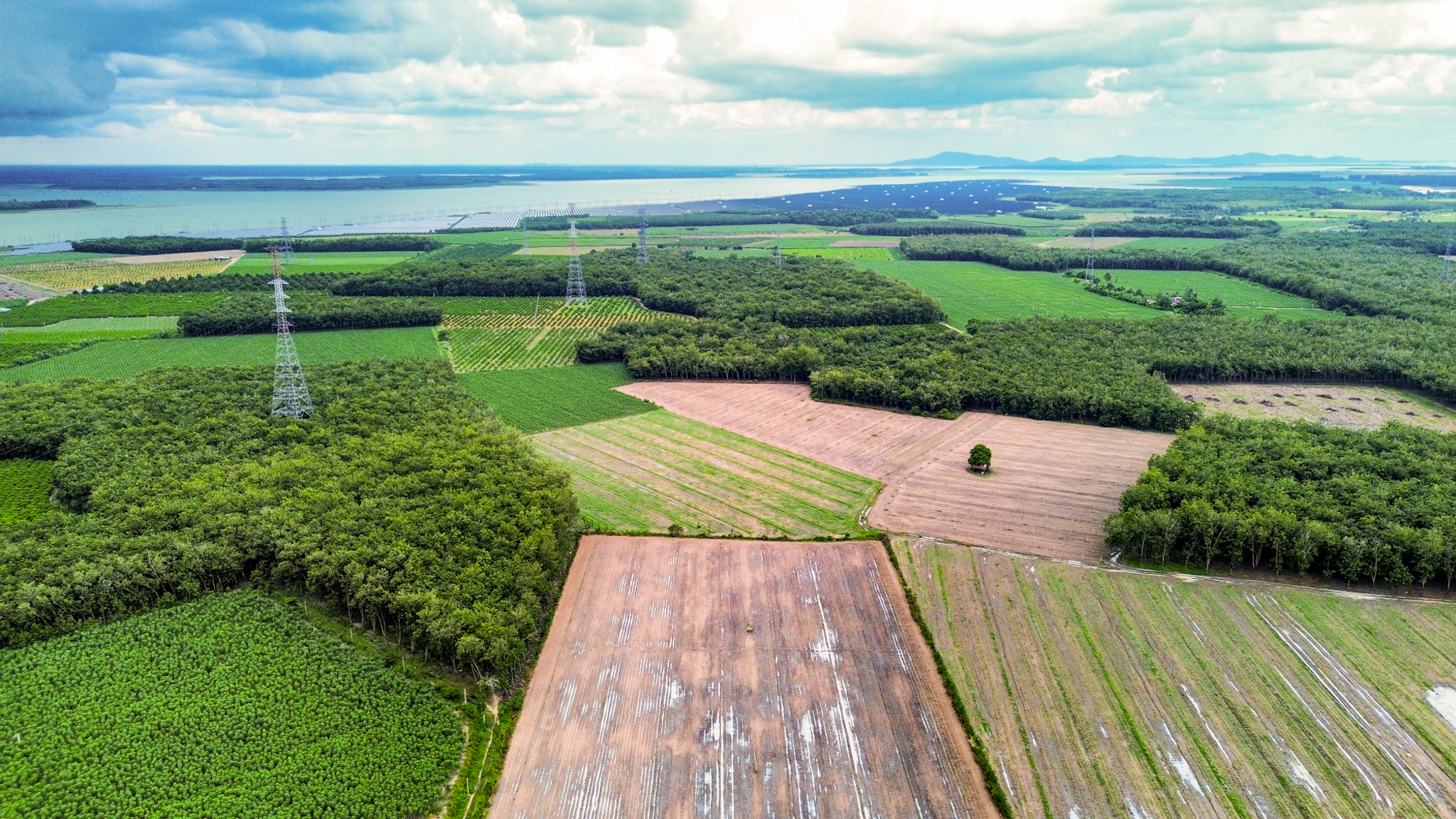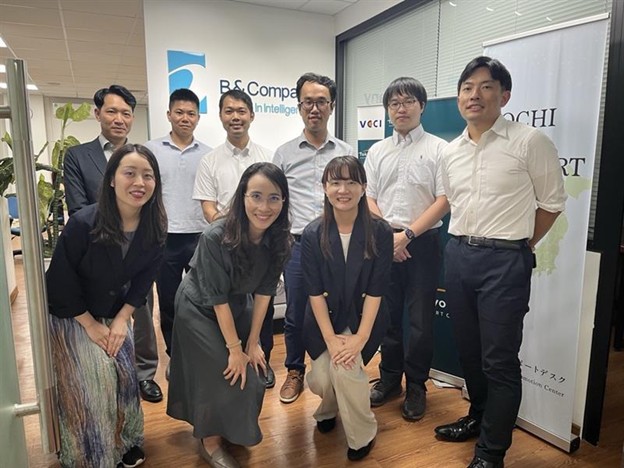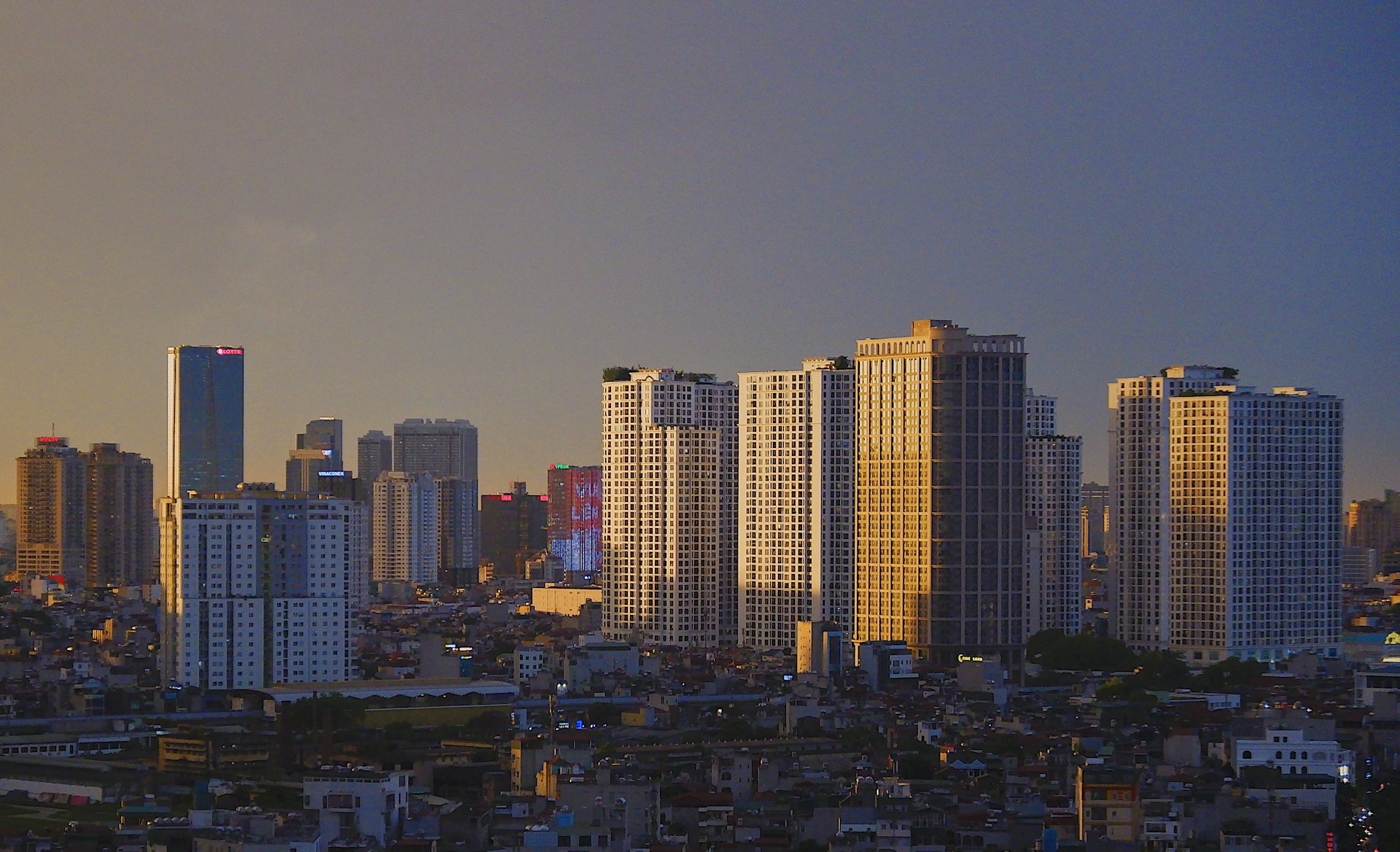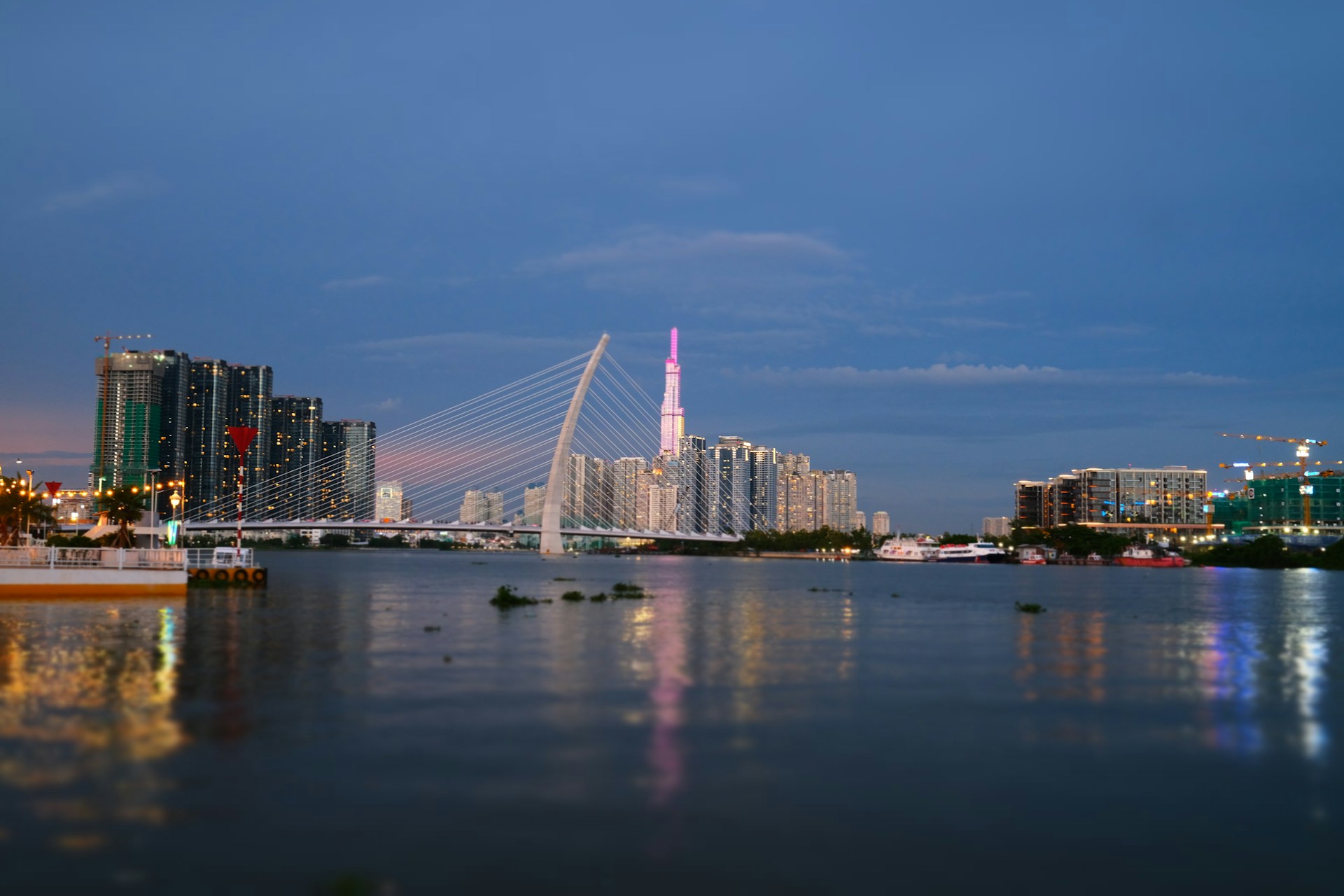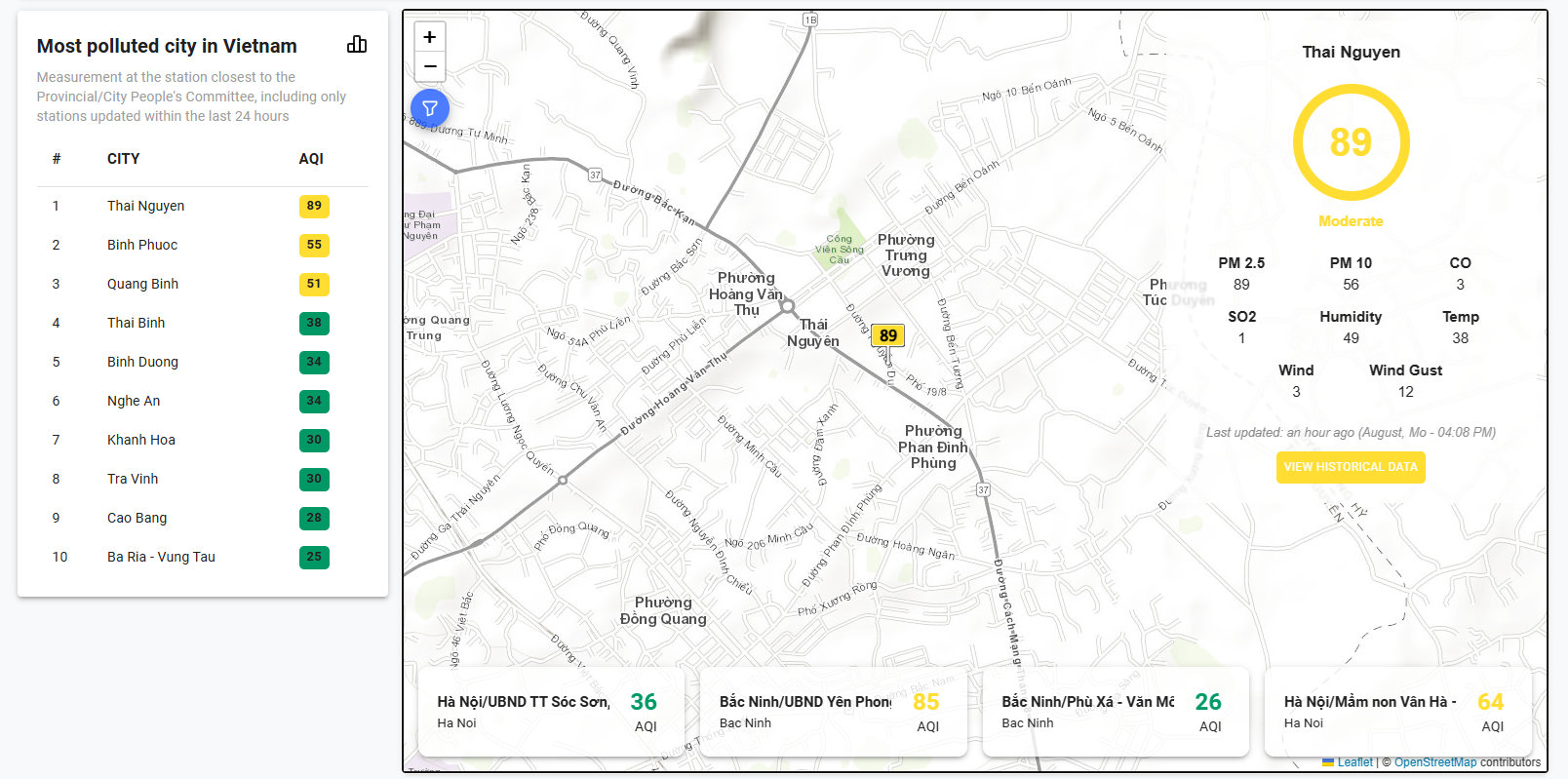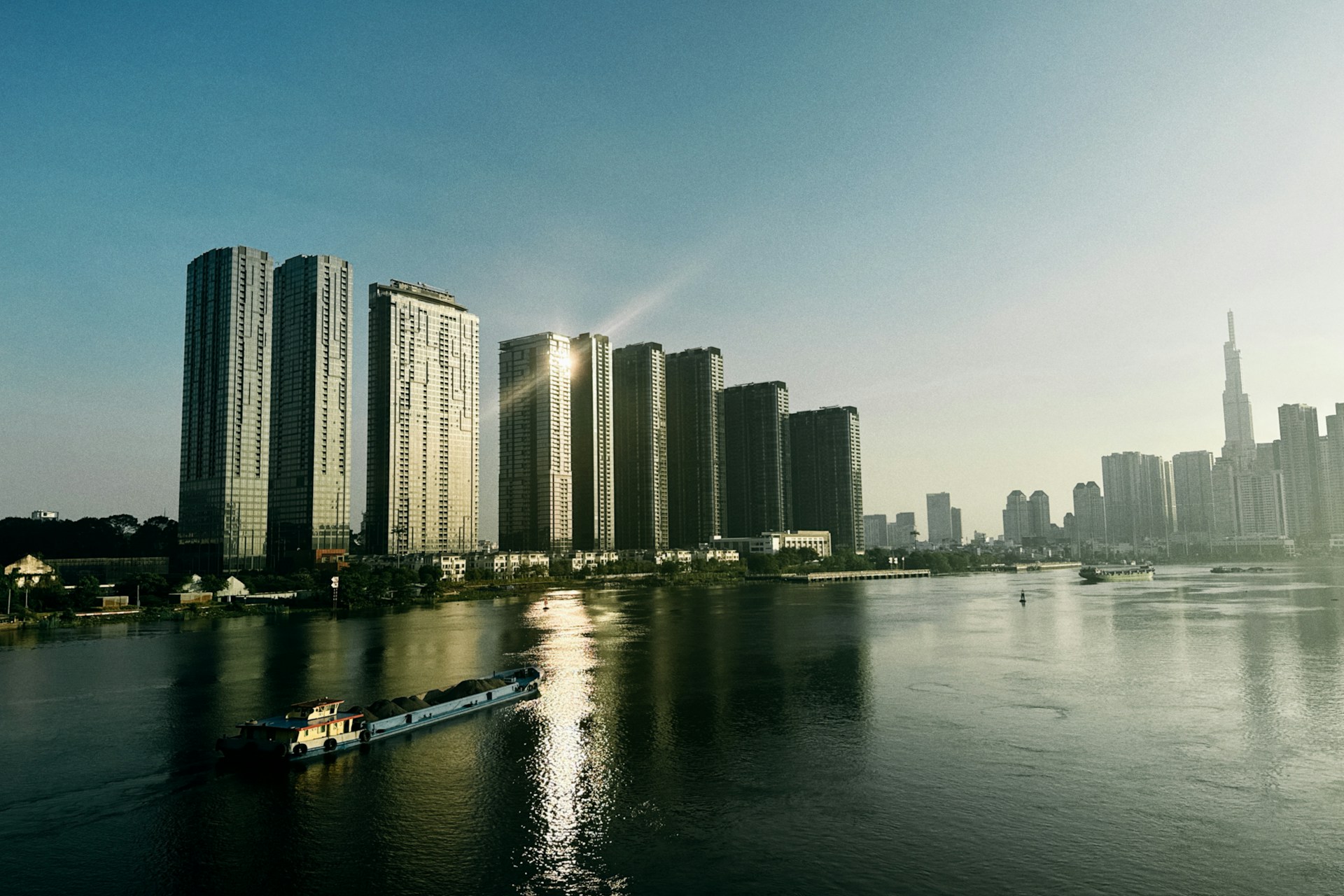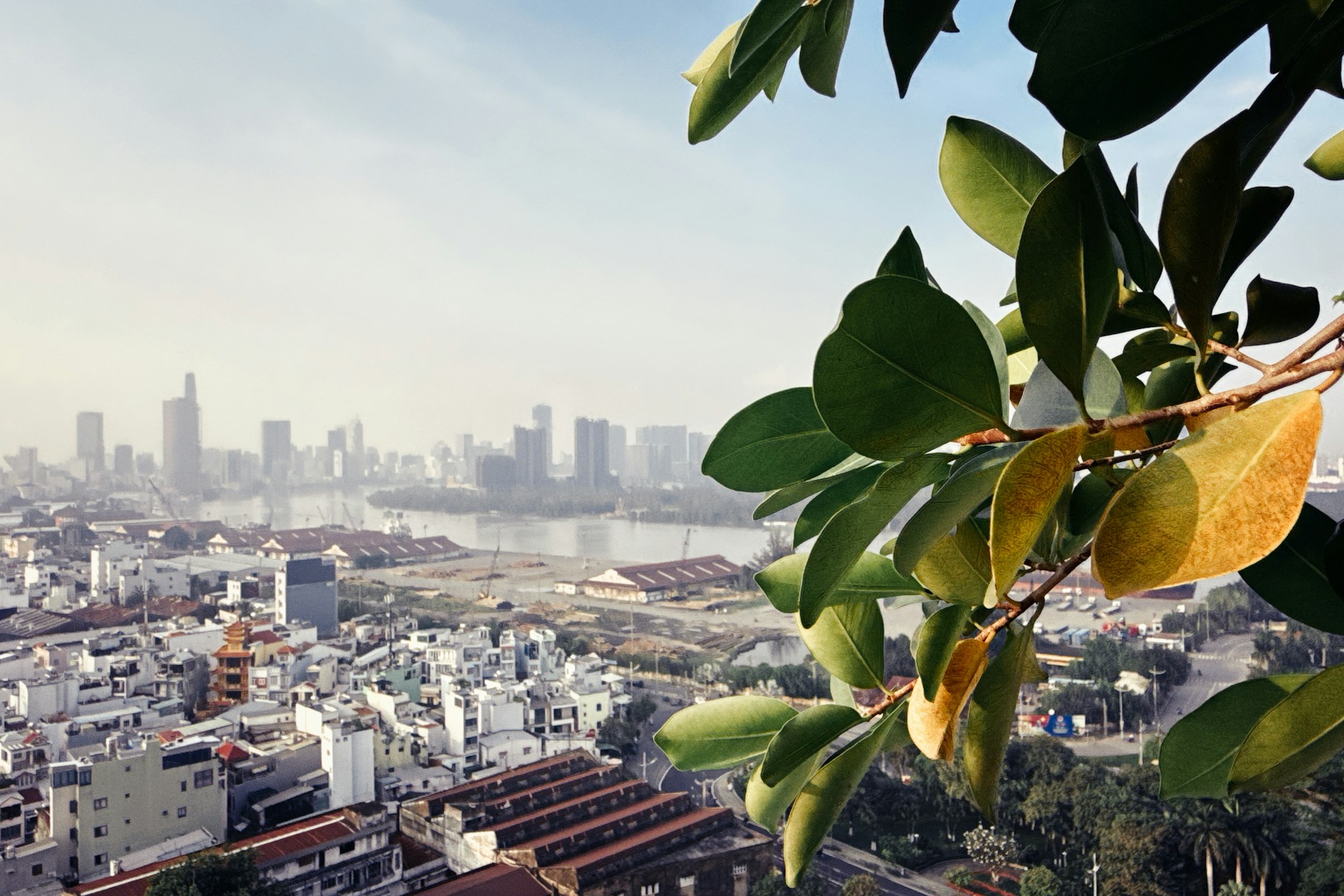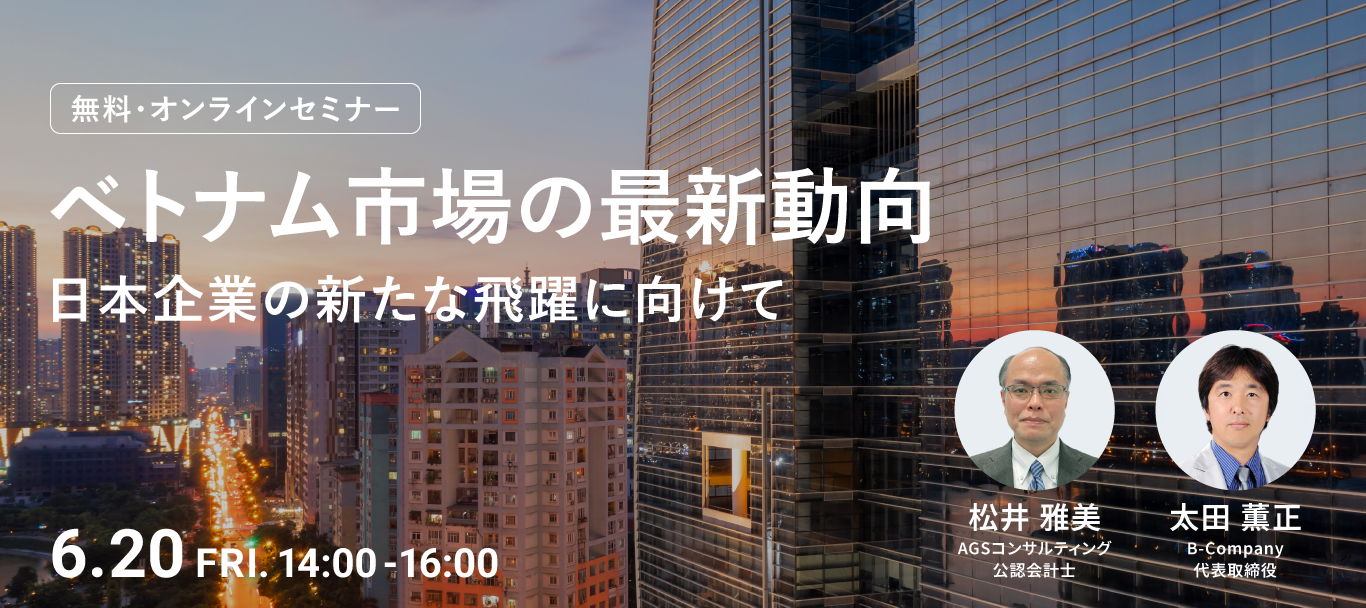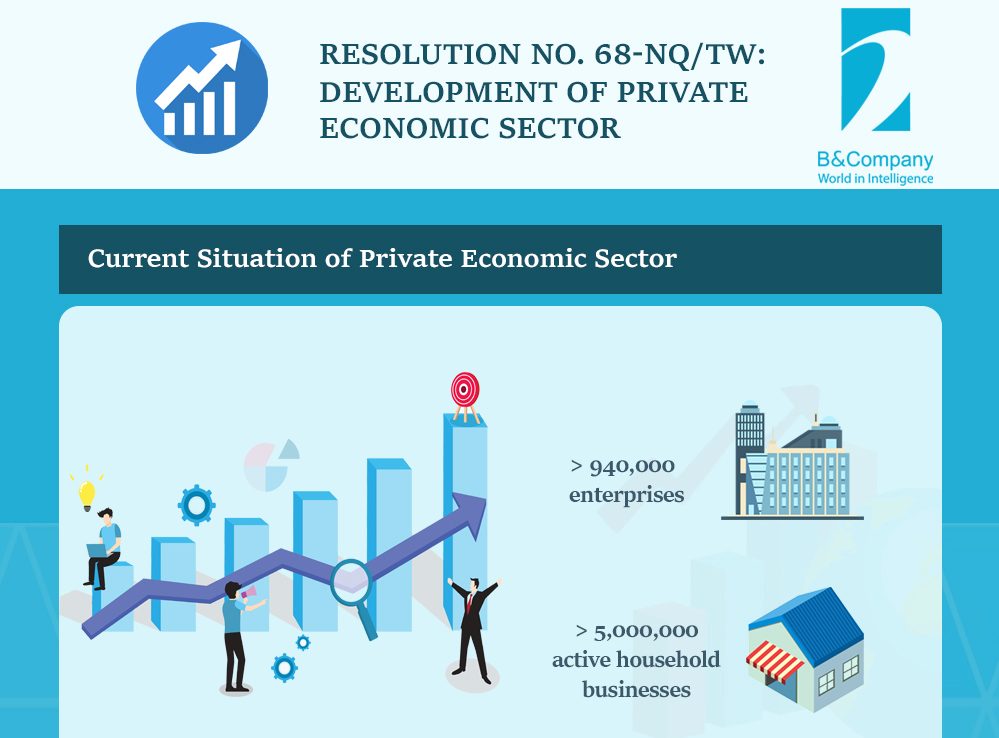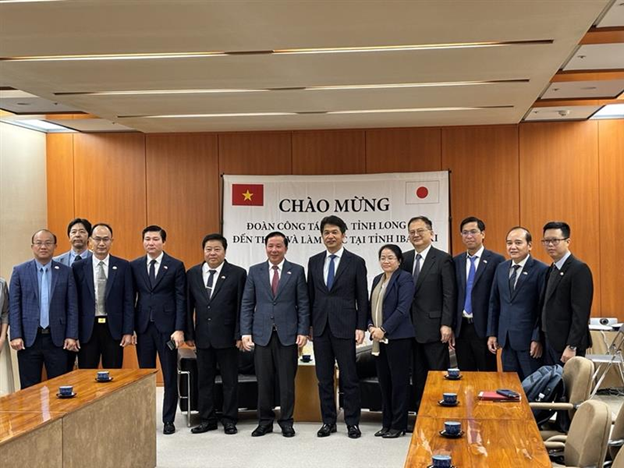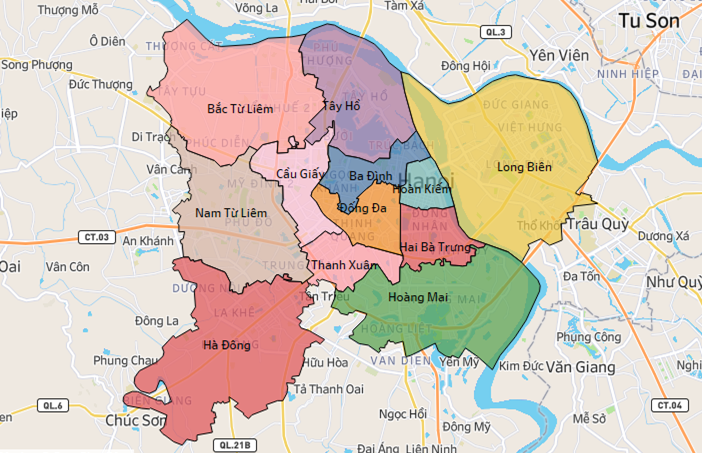
21Jul2025
Latest News & Report / Vietnam Briefing
Comments: No Comments.
As one of Vietnam’s two major political and economic hubs, Hanoi offers a wide range of office space options from premium Grade A buildings in the city center to smaller offices on the outskirts. However, Japanese companies newly entering Vietnam, especially small and medium-sized enterprises (SMEs) with limited budgets and local knowledge, often struggle to find suitable office locations. In many cases, rushed decisions, insufficient information, or over-reliance on brokers lead to choosing the wrong location. As a result, businesses face higher-than-expected operating costs, office spaces that fail to meet operational needs, or legal and contractual issues with the lease.
Based on our experience advising Japanese firms in Vietnam, B&Company recommends several key criteria for selecting office space in Hanoi.
1. Industry Characteristics and Operational Needs
The first factor to consider is the specific characteristics of the industry and the company’s actual operational needs
Source: B&Company
– Companies in finance, consulting, law, or tech typically favor central districts such as Hoan Kiem, Ba Dinh, or My Dinh (Nam Tu Liem) for professionalism and proximity to clients and partners.
– Businesses in logistics, warehousing, or industrial product sales may prioritize cost-efficiency, opting for areas such as Ha Dong, Hoang Mai, or Long Bien, which offer lower rents with good infrastructure access.
– Creative industries, media, or startups may benefit from flexible office models (e.g., coworking spaces) in Cau Giay, Tay Ho, or Thanh Xuan, where modern shared office buildings are concentrated.
Note:
Choosing a location that doesn’t align with the business model can make it difficult to reach and connect with clients, while long commutes for employees can negatively impact productivity.
2. Rental Costs and Financial Considerations
Rental prices in Hanoi vary significantly[1]:
In Q1 2025, Hanoi’s office market continued its positive recovery, with rising rental rates, strong net absorption, and a slight decline in vacancy rates.
– Grade C (non-central): $10–15/m²/month
– Grade B (e.g., Cau Giay district, Dong Da district): $15–25/m²/month
– Grade A (e.g., typically located in central districts such as Hoan Kiem and Ba Dinh, or in premium buildings like and Keangnam): $30–50/m²/month
Beyond base rent, businesses should factor in additional costs such as building service fees (typically $2–6/m²/month), utilities (electricity, water, internet), parking, maintenance and management fees, as well as initial fit-out and renovation expenses.
Many landlords require a three-month deposit plus three months’ rent in advance, so companies should carefully manage cash flow.
3. Location, Traffic, and Infrastructure
Offices should be located near major roads, with ample parking, especially as most workers in Vietnam commute via motorbike or car.
Some ‘prestigious’ addresses in the Old Quarter or narrow alleyways may lack parking and cause major inconvenience. It’s also important to consider whether the office is conveniently accessible for clients, partners, and employees.
Note:
Traffic congestion is a major issue, particularly during peak hours (7:00–8:30 a.m. and 4:00–6:30 p.m.). In 2024, Hanoi recorded 36 major congestion points, including busy intersections such as Nguyen Trai–Tran Phu (Ha Dong), Nga Tu So (Dong Da–Thanh Xuan), Cau Giay–Xuan Thuy–Ho Tung Mau, Giai Phong (Hoang Mai), and Lang Road. Conducting on-site surveys during rush hours is highly recommended.
4. Building Reputation and Management Quality
Many businesses focus on price and location but overlook building operations and reputation:
– There is a professional property management team (e.g., Savills, CBRE, Knight Frank)
– Elevators, air conditioning, and fire safety systems are regularly maintained and fully functional
– There have been no notable disputes with tenants in the past.
It is advisable to choose buildings with dedicated technical management and clear operational procedures to promptly handle incidents such as power outages, water supply issues, or failures in air conditioning, ventilation, and elevators. Furthermore, buildings must comply with fire safety standards as required by Prime Minister’s Directive No. 19/CT-TTg (June 24, 2024)[2] to ensure operational safety.
5. Scalability and Future Flexibility
An ideal office should meet current needs and accommodate future growth:
– Availability of additional space within the building
– Flexible lease terms allowing adjustments or early termination with reasonable costs
– Access to extra meeting rooms or online conferencing facilities
Many companies overlook this, later facing challenges when expanding if the building is fully occupied or lease terms are inflexible.
6. Avoid Over-Reliance on Brokers
Solely relying on brokers can lead to biased or incomplete information:
– They may recommend locations with higher commissions
– They might conceal building drawbacks (e.g., poor air conditioning, lack of parking, overloaded elevators)
To make the best decision, businesses should:
– Visit sites at least 2–3 times, including peak hours
– Meet with building management in person to clarify lease terms
– Contact current tenants to learn about their experiences
– Compare at least 5–7 options before deciding
If using a broker, choose reputable agencies with transparent agreements rather than relying on personal referrals.
With over 15 years of experience in market research and supporting foreign businesses entering Vietnam, B&Company offers:
– Office space analysis tailored to industry, size, and strategy
– Objective comparisons and surveys based on client criteria
– Evaluation of building management, technical systems, and leasing history
– Lease negotiation support to safeguard business interests
Internal employee surveys to identify optimal work models (offline, hybrid) and suitable locations
[1] B&Company’s synthesis
[2][2] https://thuvienphapluat.vn/van-ban/Bat-dong-san/Chi-thi-19-CT-TTg-2024-phong-chay-chua-chay-nha-o-rieng-le-ket-hop-san-xuat-kinh-doanh-614757.aspx
* If you wish to quote any information from this article, please kindly cite the source along with the link to the original article to respect copyright.
| B&Company
The first Japanese company specializing in market research in Vietnam since 2008. We provide a wide range of services including industry reports, industry interviews, consumer surveys, business matching. Additionally, we have recently developed a database of over 900,000 companies in Vietnam, which can be used to search for partners and analyze the market. Please do not hesitate to contact us if you have any queries. info@b-company.jp + (84) 28 3910 3913 |

